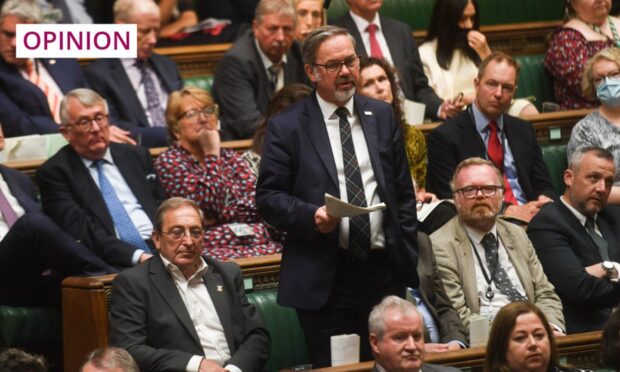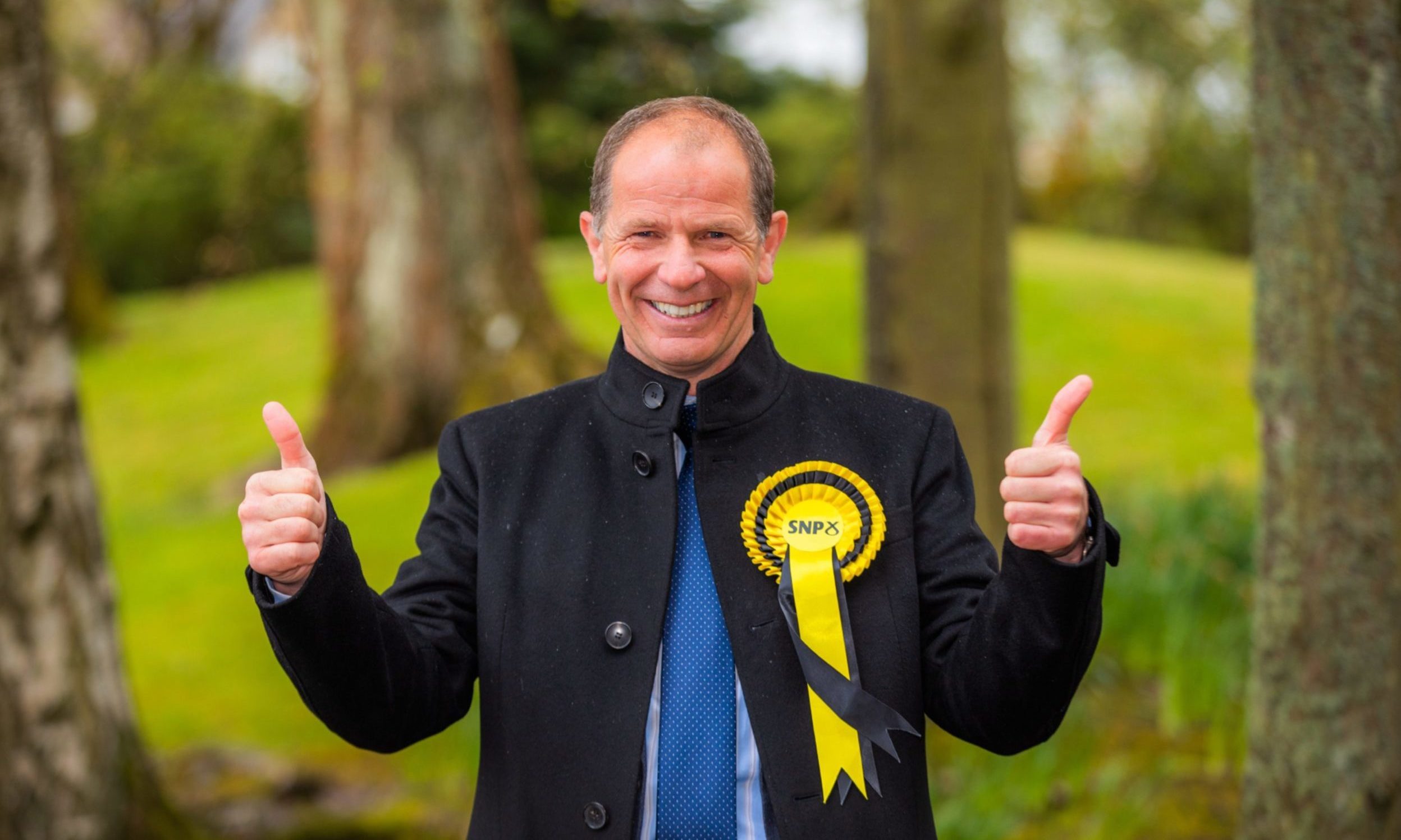Who could have guessed that the SNP would turn a major war and humanitarian disaster in the Middle East into an argument about Scottish sovereignty?
If you were under the illusion that Scottish nationalism is a different beast to those other nationalisms, that it is outward looking and progressive rather than parochial and backward, then take a look at some of the SNP comments in response to the controversy surrounding a House of Commons debate on a Gaza ceasefire.
On Monday, MSP Christina McKelvie, the Scottish Government’s minister for drugs and alcohol policy, took to social media following Commons speaker Lindsay Hoyle’s rejection of an application for another vote. As well as criticising the Labour Party for supposedly having “hijacked” the SNP’s opposition day debate, which kicked the row off last week, McKelvie also complained that “Westminster silences Scotland”.
Preposterously, she then pronounced: “It’s time Scotland roared.” That’s the sort of rhetoric we usually get from the infamous Scottish Resistance, the small group of entertainingly theatrical activists who like to burn the Union flag and campaign against Tunnock’s tea cakes.
McKelvie’s comment came the week after Scottish Government Minister for Agriculture and Connectivity Jim Fairlie complained that the debacle is “another example of why Westminster simply doesn’t work for Scotland”.
“Be loud, be strong and demand independence now!!!! Without the people, politics is voiceless,” he went on.
No, I can’t work out what his last sentence meant either, but I guess Fairlie thought it sounded good in some sort of vague populist way. The rest of it is clear enough: the key takeaway from the difficulties our parliament has had in trying to deal with the Gaza crisis is that Great Britain must be cut into two separate states. Of course it is.
Maybe now, finally, these vote amendment shenanigans will convince the people of Coldstream that their continued compatriotism with those folk a few miles south of them is an intolerable indignity. Maybe now they will be on board with the need for an international border between them and their weekly food shop at Asda in Berwick.
Scottish nationalists have always been prone to monomania
Fairlie’s SNP colleague, the MP Ronnie Cowan, also came to the conclusion that the Speaker setting a new procedural precedent to allow for a broad debate in the interests, as he claimed, of diffusing tensions, was the latest reason for the break-up of Britain.
“OK Scotland. If you watched the utter chaotic self serving nonsense in the House of Commons today, please ask yourself, does this place serve the people of Scotland? Does it respect the elected members of Scottish constituencies?” He posted online.
Even former First Minister Nicola Sturgeon got in on the anti-politics politics action. She complained, in a somewhat Farageist way, about the “Westminster establishment” not being able to “bring itself to rise above hostility to the SNP”.
“Proud of my SNP colleagues but deeply depressed by the state of UK ‘democracy’,” she proclaimed.
The House of Commons reduces itself to farce because even on an issue as serious as the situation in Gaza, the Westminster establishment can’t bring itself to rise above hostility to the SNP.
Proud of my @theSNP colleagues but deeply depressed by the state of UK ‘democracy’.…— Nicola Sturgeon (@NicolaSturgeon) February 21, 2024
Scotland’s nationalist movement has always been prone to monomania, but it used to be better at disguising it. The Salmond-Sturgeon fallout, police investigations and incompetence in office have dampened the fires of separatism, while the reality of Brexit has created structural challenges for secession.
In response, the SNP has been forced to adopt more extreme positions. It now campaigns for a hard border with England, and for Scotland’s economy to operate with effectively no central bank support.
As it struggles to keep the show on the road, the party’s rhetoric has, similarly, become more extreme. We saw this in late 2022, when Nicola Sturgeon started using the phrase “democracy denial” in response to the UK Supreme Court’s ruling against her desire for a unilateral referendum, and when the SNP dabbled in framing Scotland as a victim of British – or, perhaps more accurately, English – colonialism.
Every situation must be used for the independence ’cause’
A reasonable response to recent Commons difficulties would be a call for reform, and clarification of procedures to ensure no repeat of what happened last week. Or, if you insist the Speaker is to blame for the debacle, then moving for a replacement.
For the SNP, however, every situation – be it a global pandemic or the horrendous goings-on in the Middle East – must be manipulated for use in the service of “the cause”.
There are lessons to be learned from observing a situation where competing claims to a first-order right to national self-determination has led to chronic dispute
The irony is that there are lessons to be learned from observing a situation where competing claims to a first-order right to national self-determination has led to chronic dispute and seemingly ever escalating indignation and intransigence.
Those leading the movement for secession will fail to heed those lessons. Instead, all we get are constant calls for “independence now!”, even in a context where such demands are crass and inappropriate. Such is the state of the current SNP.
John Ferry is a regular commentator on Scottish politics and economics, a contributor to think tank These Islands, and finance spokesperson for the Scottish Liberal Democrats












Conversation